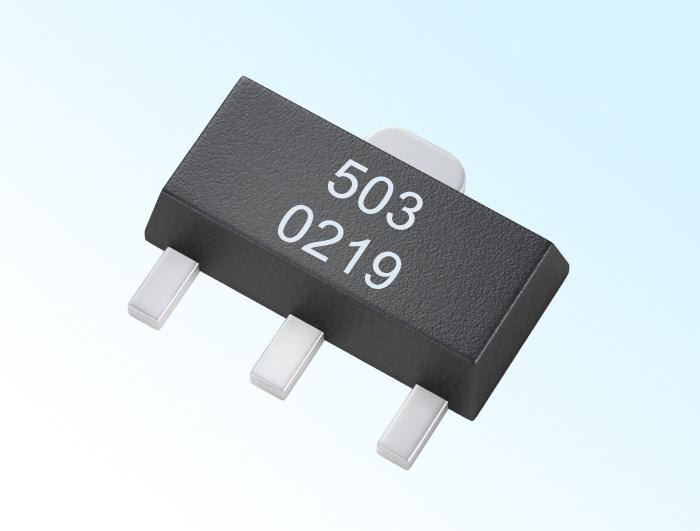Do you know the development trend of Magnetic Sensor?
Magnetic Sensor is a device that converts the magnetic properties of sensitive elements caused by external factors such as magnetic fields, current, stress and strain, temperature, and light into electrical signals. In this way, it detects corresponding physical quantities.
Magnetic sensors are widely used in modern industrial and electronic products to measure physical parameters such as current, position, and direction by inducing magnetic field strength. In the prior art, there are many different types of sensors for measuring magnetic fields and other parameters.
Magnetic sensors are devices that detect changes in the magnetic properties of sensitive components caused by external factors such as magnetic fields, current, stress and strain, temperature, and light, and convert them into electrical signals. There are three types of magnetic sensors: compass, magnetic field sensor, and position sensor. Compass: The earth generates magnetic fields. If you can measure the magnetic field on the surface of the earth, you can use a compass. Current sensor: The current sensor is also a magnetic field sensor. Current sensors can be used in home appliances, smart grids, electric vehicles, wind power, and more. Position sensor: If a magnet and a magnetic sensor have a position change with each other, the position change is linear, which is a linear sensor, if it is rotating, it is a rotation sensor.
Linear Hall Sensors
Many magnetic sensors are used in big life, such as compasses, computer hard drives, home appliances and so on.
As a Magnetic Switch China Supplier, I will introduce the following development trends of magnetic sensors:
1. High sensitivity. The intensity of the detected signal is getting weaker and weaker, which requires the magnetic sensor sensitivity to be greatly improved. Applications include current sensors, angle sensors, gear sensors, and space environment measurements.
2. Temperature stability. More application fields require the working environment of the sensor to be increasingly harsh, which requires that the magnetic sensor must have good temperature stability. Industrial applications include the automotive electronics industry.
3. Anti-interference. In many fields, the use environment of the sensor is not shielded, and the sensor itself is required to have good anti-interference. Including automotive electronics, water meters and more.
4. Miniaturization, integration and intelligence. To achieve the above requirements, this requires chip-level integration, module-level integration, and product-level integration.
5. High frequency characteristics. With the promotion of application fields, the working frequency of sensors is required to be higher and higher. Application fields include water meters, automotive electronics industries, and information recording industries.
6. Low power consumption. Many fields require the sensor itself to have extremely low power consumption, which can extend the life of the sensor. Applications include magnetic biochips, compasses, etc. implanted in the body.
We also have Linear Hall Sensors for sale, welcome to consult.

评论
发表评论